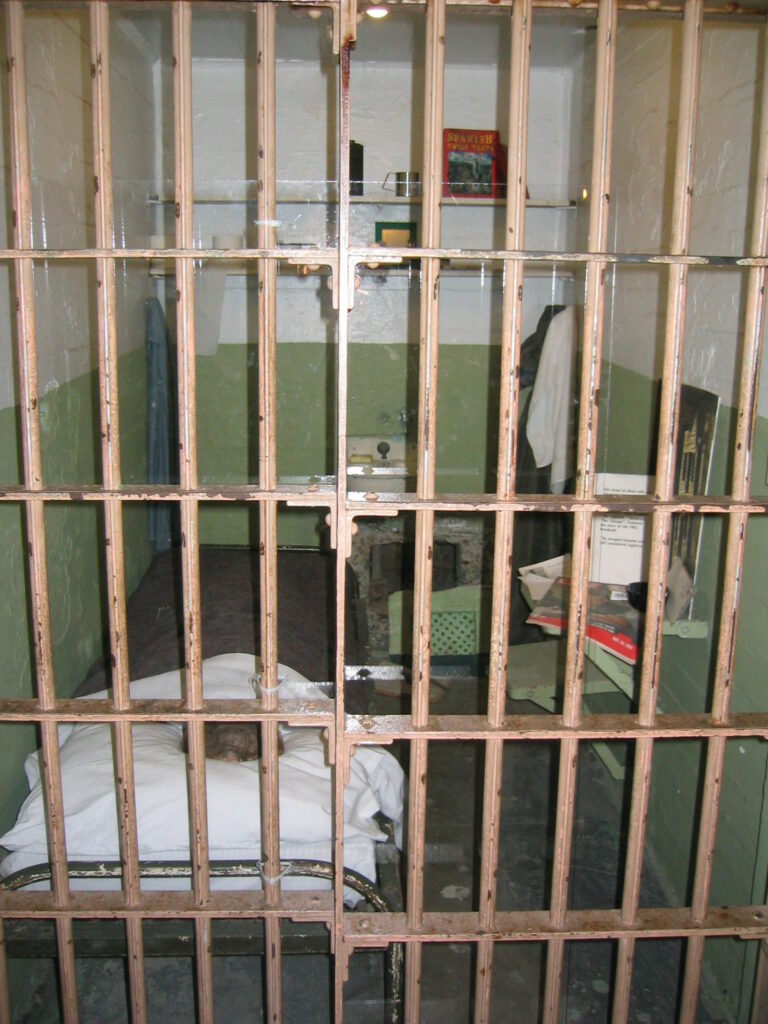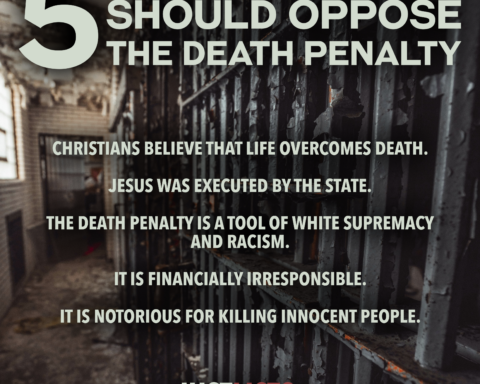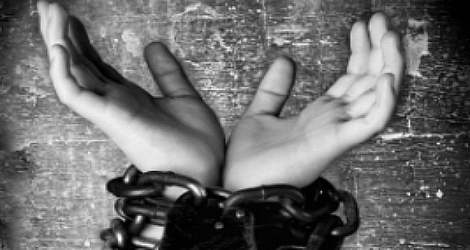February 17 – 19, 2012. Stony Point Conference Center, Stony Point, New York.
 Join Presbyterians, people of faith of all denominations, and national experts for a consultation on the complex issues surrounding criminal justice in the United States with the goal of forming a new PHEWA network dedicated to criminal justice issues. This will be a working conference focused on strategy and vision.
Join Presbyterians, people of faith of all denominations, and national experts for a consultation on the complex issues surrounding criminal justice in the United States with the goal of forming a new PHEWA network dedicated to criminal justice issues. This will be a working conference focused on strategy and vision.
This consultation is the result of collaborative efforts on the part of Presbyterian Health Education and Welfare Association (PHEWA), the Presbytery of Hudson River, and the Presbytery of New York City who jointly petitioned the 2010 Presbyterian Church (U.S.A.) General Assembly to restore the denomination’s criminal justice program, cut in 2006 due to staff reductions.
Join PHEWA Executive Director Trina Zelle and the following expected participants:
- Annie Rawlings, Director of Outreach and Program Administration, The Interfaith Center of New York (author of the 2010 Overture)
- Glenn Martin, Vice President of Development and Public Affairs; Director of the David Rothenberg Center for Public Policy, The Fortune Society
- Rev. Hans Hallundbaek, Hudson River Prison Partnership Coordinator
- Mr. Bob Sloan, Prison Industry consultant and activist
- Rev. Sala Nolan Gonzalez, Minister for Justice Witness, United Church of Christ
- Julia Thorne Esq., Manager for Immigration Issues/Immigration Counsel, PCUSA
- Laura Markle Downton, Criminal Justice Reform Grassroots Coordinator, General Board of Church and Society, United Methodist Church
- Mr. Alex Friedmann, Associate Editor of Prison Legal News
- Richard Snyder
- Peggy and Don Shriver
- And others….the list is growing.
COST: $230.00 per person (shared room) for full conference (single room: $310.00)
Commuter rate (meals only): $170.00
For more information contact PHEWA at phewainfo@gmail.com.
U.S. Incarceration
Unbound Editor, Chris Iosso, directs readers to a stunning article in the New York Times stating that as many as one third of Americans are arrested by age 23. The Rev. Dr. Iosso writes, “While the disproportionate and frankly racist focus on young black men has long been known—creating a “New Jim Crow” caste system in Michelle Alexander’s book title—this article underlines the numbers of young whites and Hispanics dragged into a voracious system.” Of the more than two million people currently incarcerated in the United States, 70 percent are people of color (Taylor xi). Actually, approximately 2.4 million Americans currently reside behind bars. That is 1 out of every 100 American citizens. Include those on parole and probation, the rate skyrockets to 1 out of every 31 Americans.[1]
Rev. Iosso goes on to say that “the struggle is daunting: while some states try not to incarcerate non-violent offenders (including youth), others push privatized prisons and contract labor. Some Texas prisons are reducing weekend meals to twice a day. And observers are increasingly concerned at the return of Iraq and Afghanistan veterans with military tactics and mentality, seen in some of the responses to Occupy protesters.”
The high rates of incarceration and recidivism (the prison where I served as a chaplain in New Jersey had a rate of recidivism at 70%, meaning 7 out of every 10 individuals released from prison would return within two or three years) are perpetuated by what Dr. Mark Taylor refers to as the “prison-industrial complex,” which has transformed prisons into businesses.[2] Drawing on “hundreds of billions of tax-payer dollars” and employing millions of people (including chaplains and the companies that provide all the food and other material needs of the inmates), the United States economy has come to depend on the existence of prisons and thus permanent outcasts (Taylor xiv). The number of incarcerated has quadrupled over the last three decades largely because of stiffer penalties for drug-related minor offenses.
While most people are incarcerated for non-violent crimes, they are forced to live daily with the extremely violent, subject to all kinds of abuse and sexual violation. Taylor records that “roughly 200,000 male inmates in America [are] raped every year, and many of them daily” (quoting Parenti, 29).
This violence takes place in prisons that are increasingly overcrowded: “today the federal prisons are 73 percent over capacity; state prisons are between 105 and 120 percent over capacity” (Pierce 66).[3] Pierce notes that medical studies have revealed that overcrowding results in “high blood pressure, more illness, more discipline problems, and behavioral reactions that are detrimental to an inmate’s emotional and physical well-being” (66). Overcrowding also of course means that many more inmates no longer have access to the already scant material and programming resources available in prisons.
Instead of “rehabilitation,” instead of “restorative justice,” what we get (with a few exceptions) are prisons designed to stay in business (keep the inmates coming), to create an ethos of intimidation and dehumanization (affecting all involved, including the correctional officers, whose rates of divorce, family conflict, substance abuse, and depression indicate a similar victimization), and to cultivate in prisoners a numbing passivity and dependence that are exceedingly difficult to shed when released. Politicians who dare to challenge patterns of incarceration, call for changes in sentencing and release procedures, and work for overall reform, risk political suicide and being labeled “soft on crime.”
It is time for a change. Join the movement working for that change!
Please alert your prison ministry and justice advocate friends of this opportunity.
Patrick David Heery is ordained in the Presbyterian Church (U.S.A.) with a Master of Divinity from Princeton Theological Seminary, is the Social Witness Associate for the Advisory Committee on Social Witness Policy, and is the Managing Editor of Unbound.
______________
Notes
[1] “Too Many Laws, Too Many Prisoners,” The Economist, July 22 2010: http://www.economist.com/node/16636027.
[2] Taylor, Mark Lewis. The Executed God: The Way of the Cross in Lockdown America. Minneapolis: Fortress Press, 2001.
[3] Pierce, Dennis W. Prison Ministry: Hope Behind the Wall. New York: The Haworth Pastoral Press, 2006.








Unbound Social